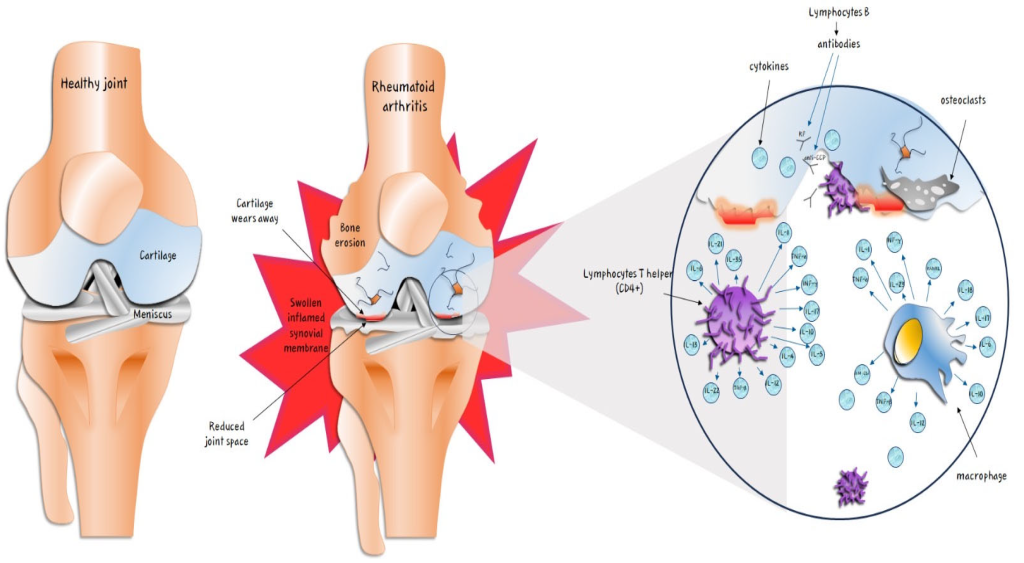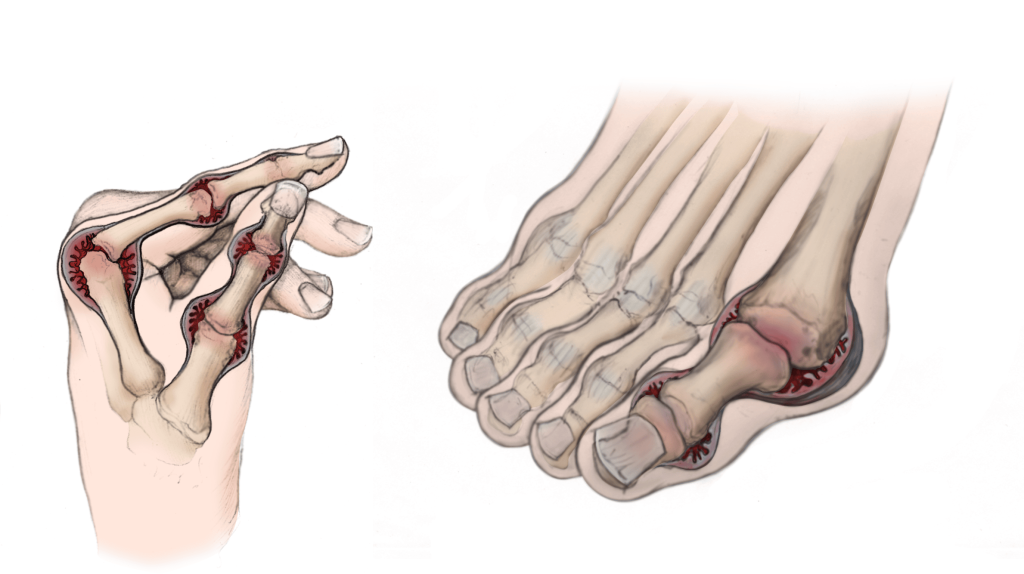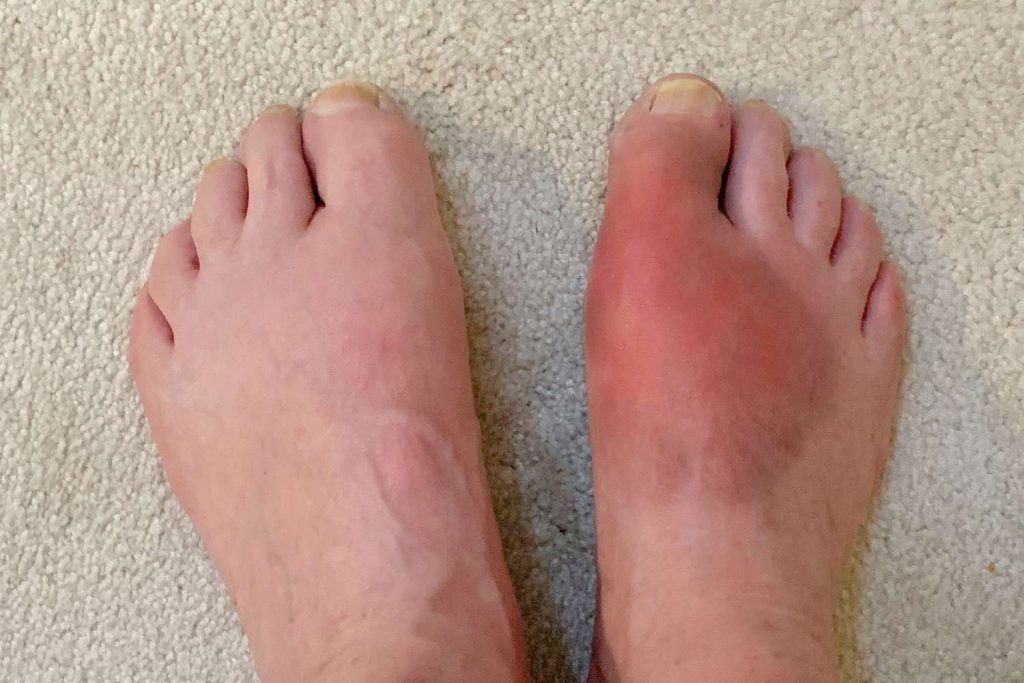Methotrexate: What to Expect and How to Manage Side Effects
Many people first encounter methotrexate during evaluations for chronic inflammatory conditions, and this moment usually brings a mix of curiosity and uncertainty. According to our editor’s research, patients often ask why this medication is chosen so frequently despite its reputation for strong effects. The answer lies in its predictable performance across several medical fields, where…
Read more










